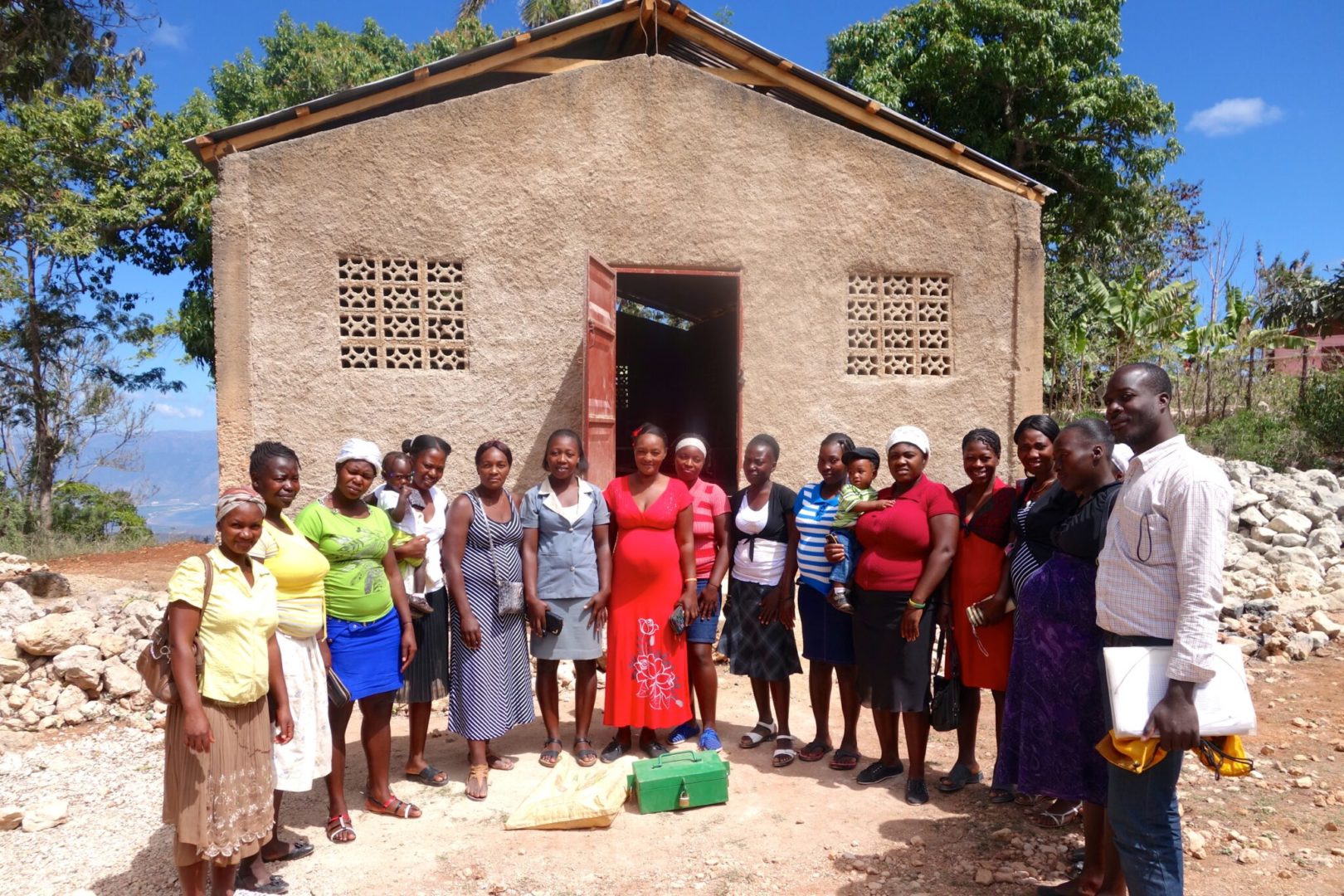The most important command about how we treat each other is clear: Love
“This is the first and greatest commandment. And the second is like it: 'Love your neighbor as yourself.' All the Law and the Prophets hang on these two.”
Christians widely recognize that Love is central to our purpose on Earth. Jesus unambiguously named it as the second greatest commandment, and a reflection of the greatest commandment.
In another instance, Jesus invited his followers to hear the story of the Good Samaritan. The parable highlighted the fact that our “neighbor” might be somebody who looks nothing like us, who might not speak our language, who might not share our background or our beliefs.
Jesus also stressed the importance of serving the “least of these.”
“They also will answer, ‘Lord, when did we see you hungry or thirsty or a stranger or needing clothes or sick or in prison, and did not help you?’
He will reply, ‘Truly I tell you, whatever you did not do for one of the least of these, you did not do for me.”
The term “least of these” isn’t used often in contemporary settings, but it’s still fairly easy to see who it applies to. The world’s most vulnerable communities are in areas with high rates of poverty or high risk factors like mortality or illiteracy, and are under constant threat of conflict or persecution. These are groups that Jesus demonstrated solidarity with through his actions and teachings.
For followers of Christ, caring for the poor is a theological mandate, not just a socially commendable behavior. Caring for the most vulnerable is a key indicator of obedience to God.

Elibel & Missile
What would happen if the church was 100% engaged in following this commandment?
“I do believe we are called to on the side of those who are marginalised and disadvantaged by a system designed to benefit those at the top. If we follow Jesus, we will stand with and for all who are left out, forgotten, abused and socially, economically and politically excluded – no matter the personal cost,” explains Brad Chilcott, a pastor from Australia.
“Being on the side of the poor or excluded isn’t about having progressive values, the right opinions or even voting the right way. It’s about the decision to leverage any power, privilege, abilities and resources you have to transform not only an individual’s immediate circumstances but, more importantly, the economic, social and cultural systems that perpetuate inequality, poverty, exclusion and exploitation.”
It can be easy to take a critical look at the church and to highlight all the ways it fails to live up to this calling. On occasion, these uncomfortable reflections can be beneficial, as they call us towards something better.
But we should also ask ourselves what it might look like if the church were to live up to this calling?
What if we all fully committed to love our neighbors as ourselves? What if we choose to love across the lines that often divide people? To then rush in and serve the most vulnerable until they could no longer be called vulnerable?
The world would look quite different. Our world would see the church as its most preeminent force in eliminating poverty and human suffering. This includes disease, maternal mortality, homelessness, displacement, soil degradation, deforestation, and so on.
In many instances, followers of Christ are at the helm of addressing major social issues. A number of South Korean Christian pastors and churches are actively involved in assisting North Korean refugees in their escape and resettlement. Ethiopian Orthodox Churches have helped patches of forests remain in the country as desert expanded across the rest of it. Churches have historically served as hospitals for the sick, places of rest and security for escaped slaves, and sanctuaries for the oppressed.

Caring for the environment is a powerful opportunity to demonstrate Love
The church must be at the frontlines of issues that affect people. Thus, it should be looking for and promoting solutions to the world's many environmental crises.
One possible barrier that has held back the church from more enthusiasm in this area might be a tendency to see environmental causes as separate from human issues. However, there is a growing understanding that these two things cannot be separated from one another. People need a healthy environment in order to eat, work, and be healthy. Likewise, the environment benefits when humans are more empowered to take care of it.
For instance, Haiti is the most vulnerable nation in the Western Hemisphere and a vivid example.
It shows what happens when a cycle of exploitation and poverty ensnares ecosystems and people. Infertile soil leads to famine and food shortages for about 80% of the country. Out of desperation, they become more likely to harvest trees and burn fields.
“We were living in a country where everything is in disorder,” explains Gernita, who lives in Southeastern Haiti. ”When you work, you can’t reap what you sow and we are poor people. This is just how life works.”
Practices that care for the environment offer followers of Christ an opportunity to love and serve communities like Gernita's. In fact, it’s estimated that around 800 million people around the world are actively suffering from the effects of climate change. Sustainable practices reduce their vulnerability and are acts of love.
Acts of love through sustainability can take many different forms. It can look like adjustments to what a person eats, drives, or buys. It can look like advocacy for a certain change that needs to happen. Or it can look like giving to causes that promote healthier ecosystems. To help plant trees and heal soil in places like Haiti, just follow this link!

















